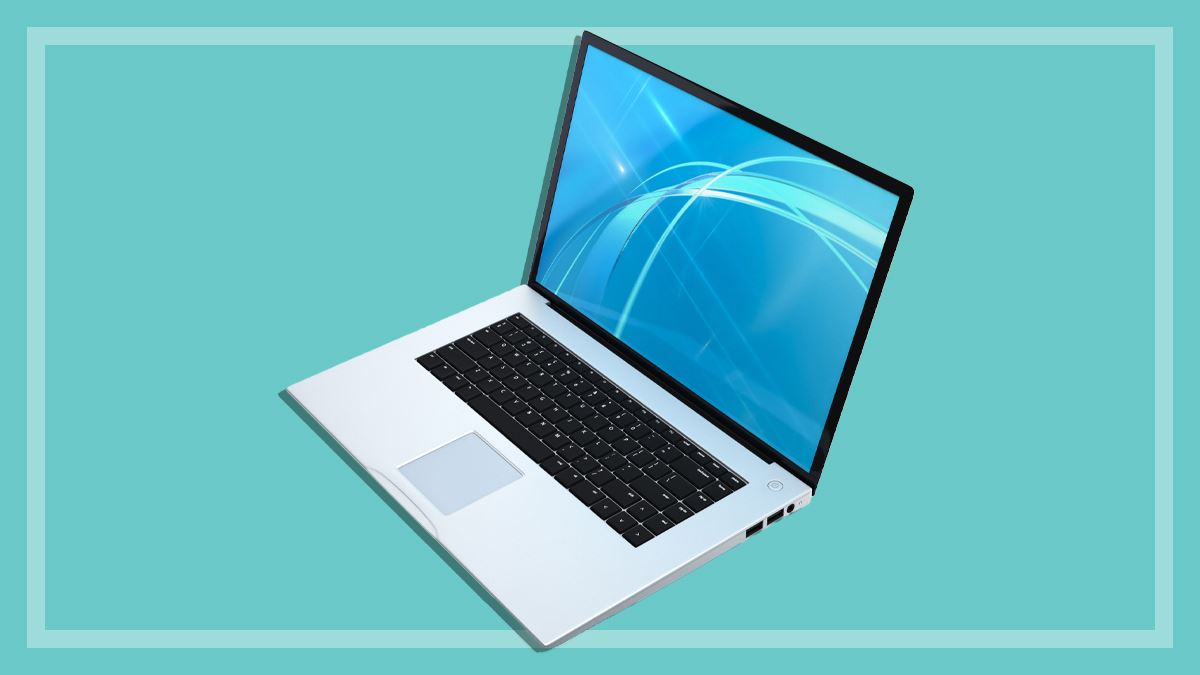Introduction
When it comes to purchasing a new laptop, the plethora of options available in the market can be overwhelming. To find the perfect laptop that meets your specific needs, it’s essential to consider various factors that will influence your computing experience. In this guide, we’ll explore the key factors to consider when choosing the right laptop for your needs.

1. Determine Your Usage
Consider how you plan to use your laptop. Are you a student looking for a device for online classes and note-taking? Are you a professional needing a powerful machine for intensive tasks like video editing? Understanding your primary usage will help narrow down the list of suitable laptops.
2. Operating System
Choose between Windows, macOS, or ChromeOS based on your familiarity and preferences. Each operating system offers distinct features and compatibility with specific software, so pick the one that aligns with your needs.
3. Size and Portability
Laptop sizes range from ultra-portable 11-inch models to larger 17-inch ones. If you need a laptop for frequent travel, a smaller and lightweight option may be more convenient, while a larger screen may be preferable for those who use their laptops primarily at a fixed location.
4. Performance and Specifications
The laptop’s performance depends on its processor, RAM, and storage. For basic tasks like web browsing and word processing, an entry-level configuration may suffice. However, if you need a laptop for resource-intensive applications or gaming, opt for a laptop with a powerful processor, ample RAM, and sufficient storage capacity.
5. Graphics Capability
Consider the graphics capability of the laptop if you plan to use it for tasks like video editing, gaming, or graphic design. Laptops with dedicated graphics cards are better suited for graphics-intensive tasks, while integrated graphics may be sufficient for general use.
6. Battery Life
Evaluate the laptop’s battery life, especially if you require portability. Look for a laptop with a battery that can last through a typical day without requiring frequent recharging.
7. Connectivity Options
Ensure that the laptop offers the necessary connectivity options, such as USB ports, HDMI, and Wi-Fi. If you require specific ports like USB-C or Thunderbolt, verify their availability.
8. Build Quality and Design
The laptop’s build quality and design impact its durability and overall user experience. Consider materials used, keyboard and trackpad comfort, and display quality when evaluating different models.
9. Budget
Set a budget range and explore laptops within that range. While high-end laptops offer cutting-edge features, mid-range options often provide a good balance of performance and affordability.
10. Reviews and User Feedback
Read reviews and user feedback to gather insights into real-world performance and user experiences. Online reviews and forums can offer valuable information that might not be apparent from product specifications.
Conclusion